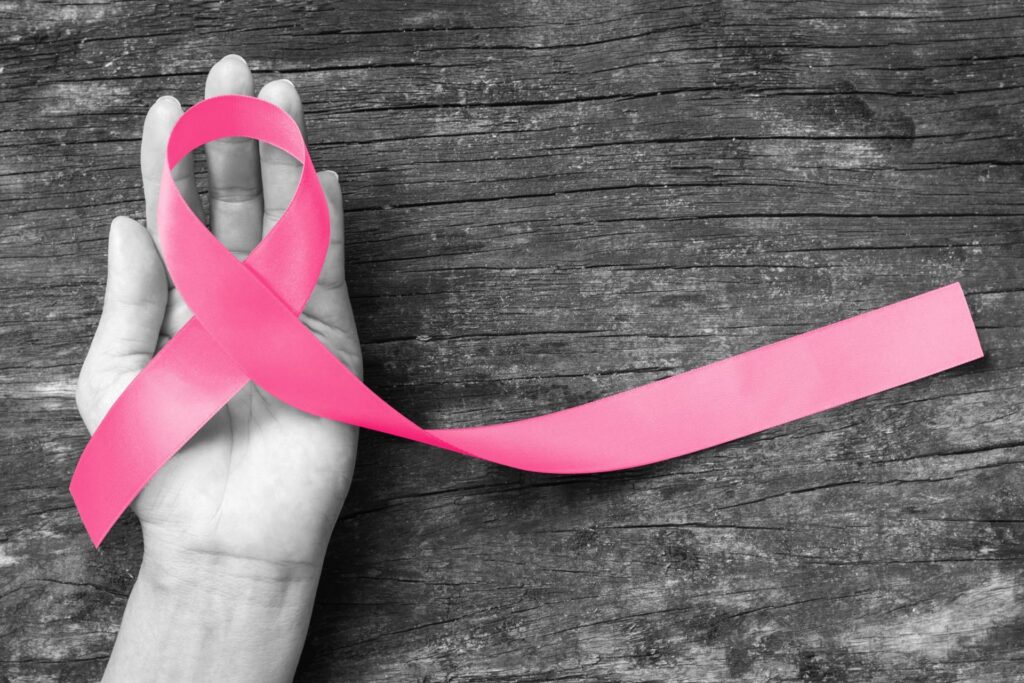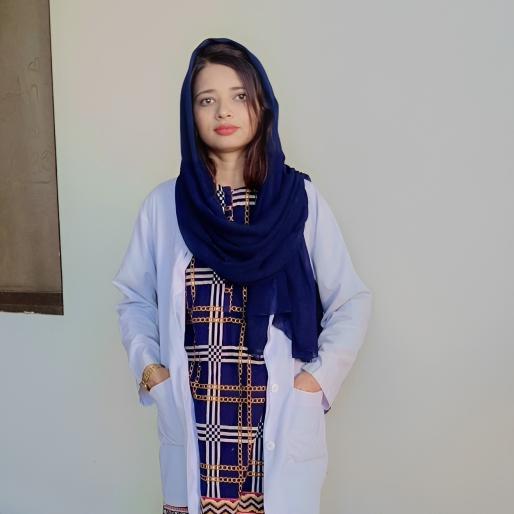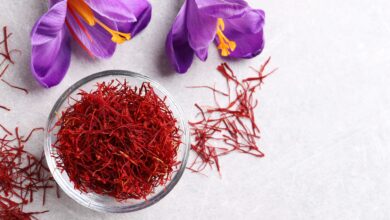October is the month of breast cancer awareness. This month, a global campaign is dedicated to educating the public about breast cancer, which is impacting the lives of women worldwide.
Breast cancer has a significant impact on individuals of all ages, races, and socioeconomic backgrounds, affecting them in distinct ways. Educating the public about breast cancer leads to early detection, improved treatment, and effective management, ultimately enhancing survival rates for individuals.

For more health articles, click here.
Understanding Breast Cancer
Breast cancer is defined as the growth of malignant cells that form in the breast tissues. These cells grow in an uncontrolled manner, forming a tumour that is detected as a lump or through an X-ray. It impacts both men and women but is more prevalent in women.
Age of Development & Causes
Breast cancer can develop at any age following puberty, but its risk increases with advancing age. It is influenced by several factors, including genetics, environment, and lifestyle. Other factors include age, family history, and hormonal changes. Understanding these factors is important for detecting individuals at higher risk and implementing preventive measures.
Women affected
Statistics show that approximately 1 in 8 women will receive a breast cancer diagnosis in their lifetime, highlighting its significance as a major public health concern.
In 2022, 2.3 million women had been recognized with breast cancer, resulting in 670000 deaths globally. This cancer affects women globally, at any age post-puberty, with rates increasing as they age.
Global statistics show notable differences in cancer burden due to human development levels. In nations with a high Human Development Index (HDI), 1 in 12 women may develop breast cancer in their lifetime, and 1 in 71 will die from it. In contrast, in countries with a low HDI, only 1 in 27 women will develop the disease, and 1 in 48 will die from it.
Ratio for Breast Cancer in Asia
Asia bears a significant burden of breast cancer, representing 39% of all breast cancer cases globally. This cancer can spread to multiple organs of the body, including the liver, bone lungs, and brain. In Pakistan, it targets women in their forties, highlighting the need for early screening.
Almost 30.8% of cancer-related deaths occur due to breast cancer, of which 20% are of the recurrent negative subtype. This increased incidence of death is linked with the late diagnosis of the disease. Pakistan recorded the highest number of cases among four Asian countries, including China, India, Thailand, and Pakistan.
WHO GBCI
The World Health Organization’s Global Breast Cancer Initiative (GBCI) aims to reduce cancer mortality by uniting stakeholders worldwide across various sectors.
It aims to attain this goal through the following three key pillars:
- Promote early detection so that a minimum of 60% of breast cancers are recognized at an early stage (I or II).
- Timely analysis to make sure that evaluation, imaging, tissue sampling, and pathology reporting are finished within 60 days of presentation.
- Comprehensive cancer control to supply the treatment direction to at least 80% of identified patients.
Symptoms:
Early recognition of breast cancer symptoms can enhance treatment success. Key signs to be aware of include:
- Development of a new lump inside the breast or underarm
- Swelling or thickening of any part of the breast
- Irritation or dimpling of breast skin.
- Redness or flaky pores and skin inside the nipple location or breast
- Pulling in of the nipple or ache inside the nipple area
- Nipple discharge aside from breast milk, which includes blood.
- Any change in the form of the breast
- Pain in any area of the breast
The effective treatment of breast cancer can be easily accomplished if the signs of the disease are noted as early as possible.
Methods for breast cancer screenings:
Some common methods used for breast cancer screenings are:
- Self-Examination
- Clinical examination
- Mammogram (X-ray Images of Breasts)
The Women aged 40-44 have the option to start annual mammograms.
Women aged 45-54 should have annual mammograms.
Women aged 55 and older can transfer to mammograms each year or keep screenings every year.
- Breast Magnetic Resonance Imaging (MRI)
- Ultrasound
Risk factors and prevention
Being aware of the risk factors for cancer is fundamental for being able to take preventive actions. Modifiable risk factors are as follows:
1- Maintenance of ideal body weight
2- Physical activity: exercising regularly
3- Pursuing a healthy nutrition
4- Breastfeeding
5- Reducing exposure to tobacco smoke (active and passive smoking)
Importance of Support Systems in Breast Cancer Treatment
It is not just about the person diagnosed. It hits their whole family, their friends, and everyone around them. The people who care, the doctors and nurses, are the ones who help you through it. And the community, when people rally around, raise money, and spread the word about checking themselves, that is effective.
Hope From The Survivors
I have been to those charity runs and seen pink everywhere in October. It is not just about exercise; it is about standing up to this disease. And when survivors open up about their journey, that gives you hope and makes you want to take care of yourself. And support groups are game changers. Being with others who have been in your shoes helps you deal with all the challenges that come with cancer. You realize you are not alone, and that makes all the difference.
The concerned people and the grave neediness of smiling faces were a source of prompt awareness of cancer in Pakistan, thus making efforts to initiate some of the most effective cancer awareness campaigns.
Pink Pakistan: (Initiatives – Pink Pakistan)
Pink Pakistan aims to achieve a 0% mortality rate of breast cancer in Pakistan by gathering data for a national database, executing awareness campaigns, establishing early detection, and introducing diagnostic methods. They will provide a single point of contact for treatment, personal counselling, and psychological support and invest in technology integration.
Pink Ribbon Pakistan: (Pinkribbon | Pink Ribbon Pakistan – Breast Cancer Awareness
Pink Ribbon has established Pakistan’s first dedicated breast cancer hospital, Pink Ribbon Breast Cancer Trust Hospital, to provide free cancer treatments to those in need, regardless of economic status. The hospital relies on public support through Zakat, Sadaqat, and donations to save lives.
Shaukat Khanum Memorial Cancer Hospital & Research Centre: (Shaukat Khanum Memorial Cancer Hospital & Research Centre Shaukat Khanum Breast Cancer Awareness | SKMCH)
This hospital runs a breast cancer awareness program, encouraging women to perform regular self-examinations and schedule mammograms. They also organize events like Pink Tea Parties to raise awareness and funds for breast cancer research.
Bank Alfalah & Cancer Foundation Hospital
Bank Alfalah also collaborated with the Cancer Foundation Hospital to support breast cancer patients undergoing life-saving treatment for medicines and entirely free-of-cost surgeries.
Such campaigns have been critical for increasing awareness, highlighting the need for early detection, and providing support to cancer patients in Pakistan.
Conclusion
Breast Cancer Awareness Month is a crucial time to focus on the abilities of early detection and awareness. By increasing awareness of cancer throughout the year, we can encourage regular checks for screenings and increase awareness while promoting research initiatives. Together, our actions matter a lot in the battle against breast cancer.
“This content is intended for educational purposes only. Please consult a healthcare professional for personalized medical advice.”
References
- Breast cancer (who.int)
- Breast Cancer | Breast Cancer | CDC
- Menhas, R. & Umer, S. (2015). Breast Cancer among Pakistani Women. Iranian Journal of Public Health, 44(4), 586–587.
- Khan, N. H., Duan, S. F., Wu, D. D., & Ji, X. Y. (2021). Pakistani women need better awareness campaigns and reporting. Cancer management and research, 13, 2125–2129. https://doi.org/10.2147/CMAR.S270671
- Ullah, Z., Khan, M. N., Din, Z. U., & Afaq, S. (2021). Breast Cancer Awareness and Associated Factors Amongst Women in Peshawar, Pakistan: A Cross-Sectional Study. Breast cancer: basic and clinical research, 15, 11782234211025346. https://doi.org/10.1177/11782234211025346
- Cancer Statistics in Pakistan from 1994 to 2021: Data from Cancer Registry | JCO Clinical Cancer Informatics (ascopubs.org)
Credits
Big Thanks to Dr. Amna Noor (Community Pharmacist) for contributing to this article.

Her Linkedin: https://www.linkedin.com/in/amna-noor

